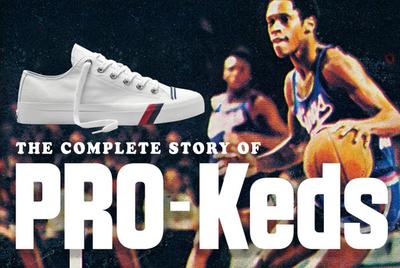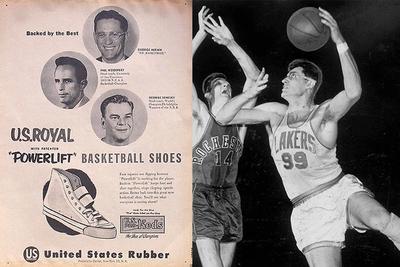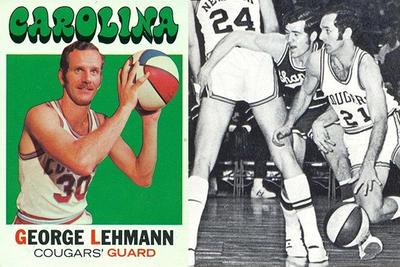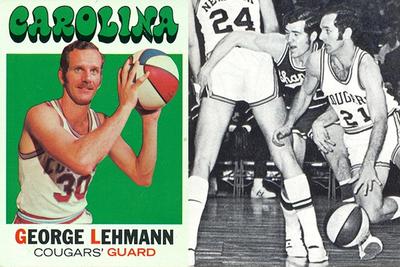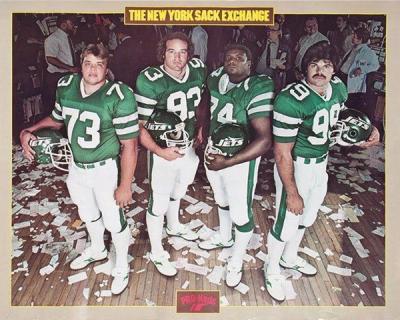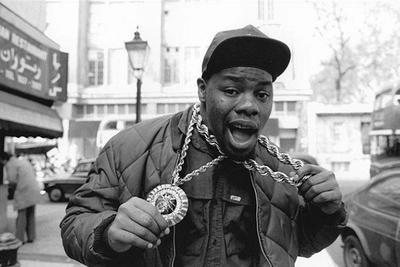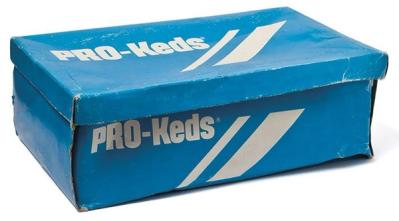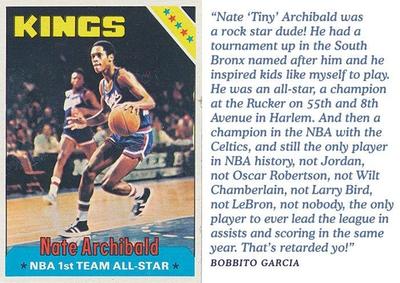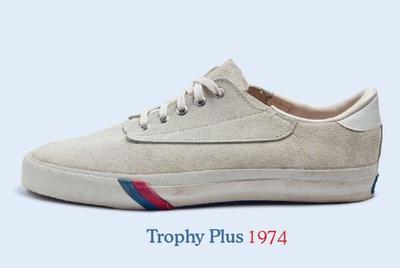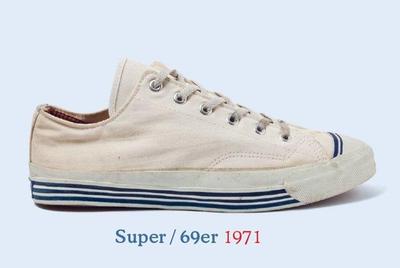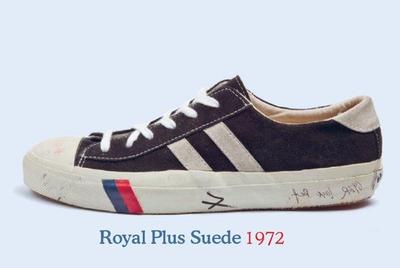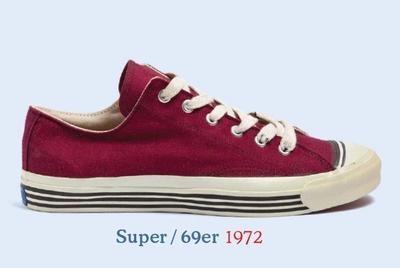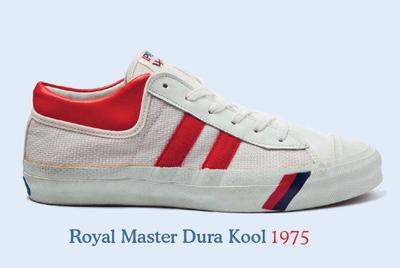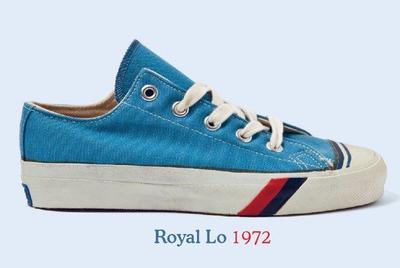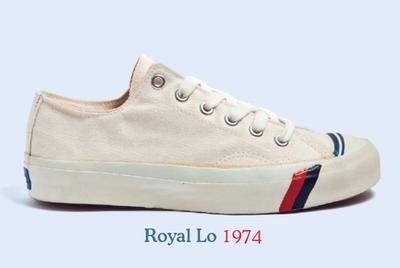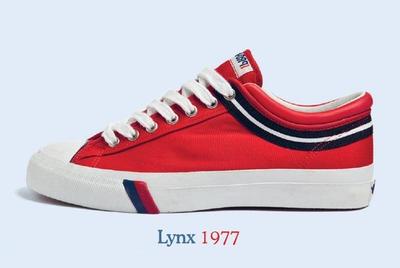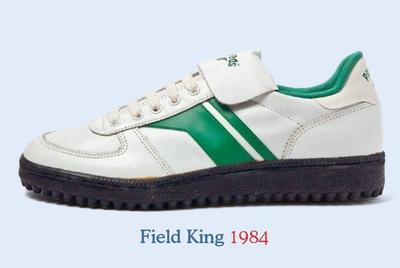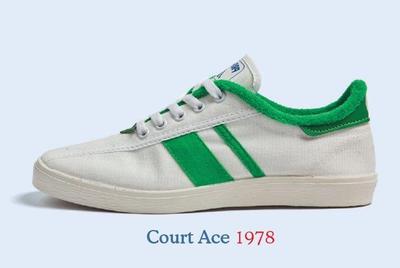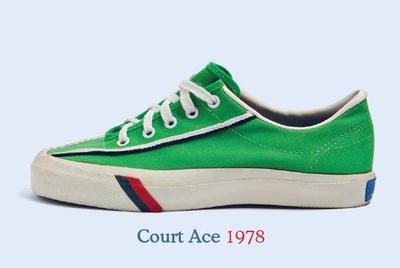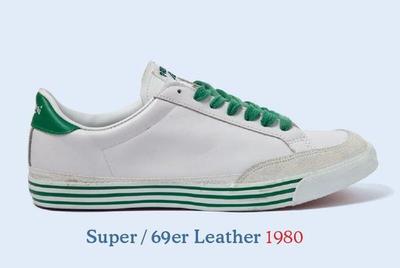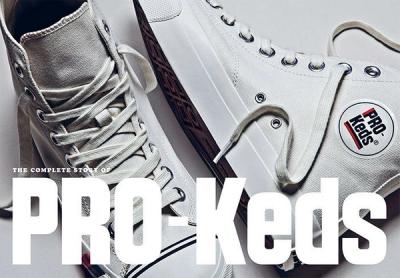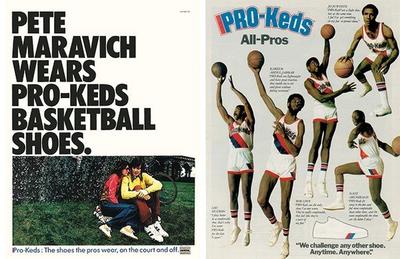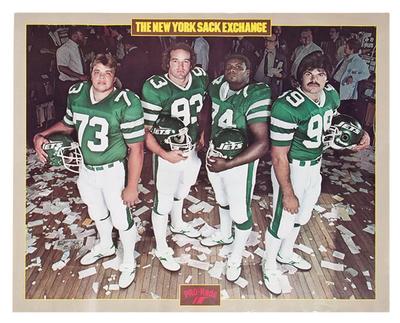Pro-Keds: The Complete Story
Born in 1949, PRO-Keds pioneered the performance basketball shoe. The choice of champions, the brand has graced some of the National Basketball Association’s most gifted feet. All-stars like , and all cut the court in PRO-Keds, with their flair and finesse rubbing off on hip hop’s founding fathers. A certifiable old-school standard, PRO-Keds have been crowned by NY sneaker historian Bobbito Garcia as ‘the first classic sneaker of New Yorkers on and off the court.’ Stylish and sleekly refined, they symbolise a simpler age when authenticity was all that mattered.
To tell the whole PRO-Keds story, we have to rewind back to 1916 when the U.S. Rubber Company created Keds, a no-frills utilitarian sneaker brand that made knockabout canvas shoes for the masses. U.S. Rubber itself was formed when nine smaller rubber companies merged in 1892, and they owned Keds and PRO-Keds right up until 1979 when Stride Rite acquired the brands from Uniroyal, U.S. Rubber’s successor. PRO-Keds is now owned by footwear giant, Wolverine World Wide.
In this early stage, sneaker production was a by-product of the tyre manufacturing process. Sneakers were routine everyday essentials that held none of the hype and emotion that they seemingly command these days. Sports shoes were regarded as primitive, with little concern for comfort or functionality. All this would change during the post-war boom when athletic brands scrambled to meet the needs of a new generation of professional power athletes. Of all the sports, it was basketball that arguably underwent the most explosive transformation, one that demanded a brand new method of making footwear.
PRO-Keds was established in 1949 to answer that need for speed. At that time, lacing up for the hardwood was limited to a few basic options. The ubiquitous Chuck Taylor had been around since Roman times, and the scene was primed and ready for another technically-minded brand to challenge this relic. The Royal was PRO-Keds’ first foray into performance ballwear and it immediately established a new standard. Keds – which celebrates its 100th birthday this year – would undergo a brand transformation of its own, evolving to specialise in lo-fi casual canvas footwear for women all over the world.
The Royal was worn and endorsed by the great George Mikan, basketball’s first big man. Amazingly, prior to Mikan, basketball was considered a game for small, nimble, balding men named Norm or Chet. Monster guys just weren’t considered athletic enough to hold court. The 6ft 10in Mikan smashed this stereotype, averaging more than 22 points over his nine-year career and leading the Minneapolis Lakers to five titles in six seasons from 1949-54. Dubbed the ‘Babe Ruth of basketball’ by New York Knicks coach Joe Lapchick, Mikan was the forerunner to power centres like Shaq and Kareem Abdul-Jabaar. It was an endorsement that put PRO-Keds on the map, giving players an even more pivotal role and an increasingly commercial face.
PRO-Keds had established itself as the professional basketball shoe of choice, but it wasn’t until the 69er model was released that the brand tipped to become a fashion force. Considered the very first must-have sneaker, demand for the 69er in Harlem and The Bronx was so overwhelming that they became known as ‘Uptowns’ – almost two decades before Nike’s Air Force 1 would wrest that mantle. Hip hop originator rocked the 69er throughout the 70s, as did hip hop’s spiritual guardian Afrika Bambaattaa. PRO-Keds had a lock on NY street cred all the way into the 80s, with mercurial MC KRS-One proclaiming PRO-Keds to be ‘the greatest sneaker ever introduced to mankind!’ Throughout the 70s, PRO-Keds held court with an enviable stable of NBA stars. A 1971 advertisement featuring Lou Hudson, Bob Love, Nate ‘Tiny’ Archibald, Kareem Abdul-Jabbar and Jo Jo White boldly laid down the law, boasting, ‘We challenge any other shoe. Anytime. Anywhere.’
PRO-Keds were also the first choice for George Lehmann, who incredibly shot 200 baskets without a single miss. Considered the first on-court clinician, in 1970–71 Lehman became the first player to ever hit more than 40% of his three-point attempts in a single season. Taking a theoretical approach to the game that saw him publish two books on the topic of coaching, Lehman spent his career advocating the game’s fundamentals. Little wonder he was hooked on PRO-Keds.
Business really picked up a notch when PRO-Keds released the Royal Plus, aka the ‘Suede Super’. The addition of the PRO-Keds twin-stripes on the upper was a fresh, bold look for the brand. PRO-Keds shoes were now easily identifiable from the bleachers as they flashed on the feet of ‘Pistol’ Pete Maravich and the Bronx’s own Tiny Archibald, who in the 1972–73 season became the first player to ever finish number one in scoring (with an average of 34 points per game) and assists (averaging 11.4) in a season. If fleet footwork mattered, then PRO-Keds was the natural choice. No wonder from the legendary Rock Steady breaker crew always flossed a pair.
While essentially a basketball brand, PRO-Keds did branch out into a number of other sports in the late-70s and early-80s. In baseball, the Cincinnati Reds’ Johnny Bench, considered the world’s greatest catcher, scooped two World Series pennants while wearing two-tone PRO-Keds cleats. In 1981, Sugar Ray Leonard stepped into the ring wearing PRO-Keds boots. Redskins quarterback Joe Theismann also wore PRO-Keds to glory in Super Bowl XVII, while the Jets’ infamous ‘New York Sack Exchange’ defensive line devastated offences during the early-80s, tearing up the Shea Stadium turf in PRO-Keds cleats. Named by a fan who scrawled the moniker onto a bedspread at a home game, the Sack Exchange consisted of defensive tackles Abdul Salaam and Marty Lyons, and defensive ends Joe Klecko and Mark Gastineau. These bruise brothers scored a record breaking 66 quarterback sacks in 1981, prompting the league to start recording QB sacks as an official statistic. The quartet were wildly popular in their hometown, so much so that all four bulls were given the honour of ringing the opening bell on Wall Street.
By 1984, PRO-Keds had started to fade from the scene, with the brand going on hiatus. Revived in Japan during the 90s, the Court King tennis shoes, with their toes dipped in a rainbow of fruity colours, caused a sensation. Once the mid-2000s rolled on by, PRO-Keds had started to regain some serious traction as a number of exclusive collaborative models stoked the fires of OG fiends around the globe. Stüssy and the ‘human beatbox’ , artists and BÄST, top-tier Dutch sneaker boutique , and Japan’sall had the honour of creating their own chapter in the PRO-Keds history book.
In tune with contemporary trends but never complicating the brand’s timeless sense of style, the new generation of PRO-Keds is staying true to the brand’s heritage as a product born for sport, but shaped by the street. PRO-Keds is dedicated to maintaining the same authenticity that made it the cultural icon it is today, calling upon those with a challenger spirit to walk with them.
Peep a preview of the 2016 PRO-Keds range
